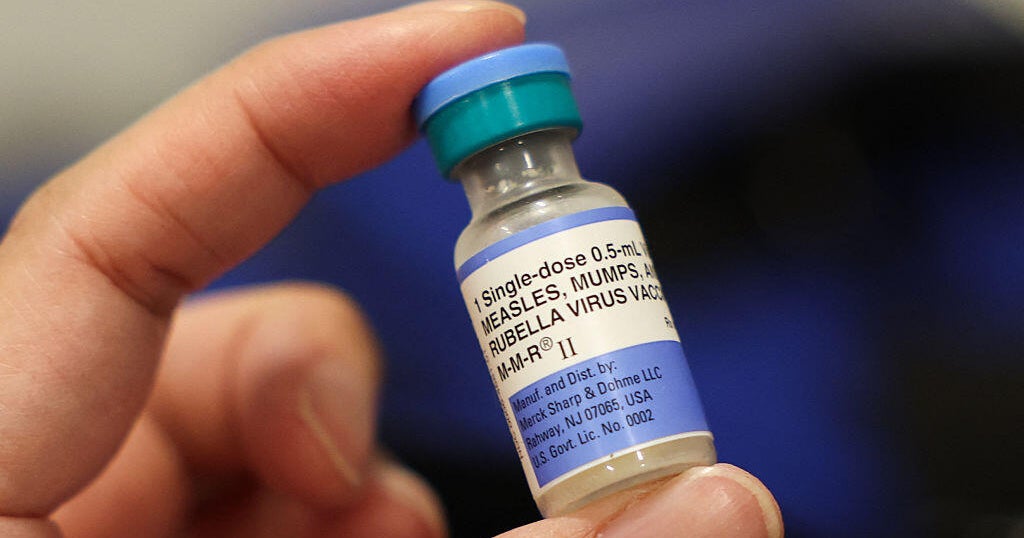MDH: 7th Case Of AFM Diagnosed In Minnesota
MINNEAPOLIS (WCCO) -- State health officials are investigating another case of a rare illness in a child in Minnesota.
There are now seven cases of Acute Flaccid Myelitis, or AFM. All the kids live in the metro, are under the age of 10 and had a virus before being diagnosed. Its symptoms are similar to polio.
University of Minnesota Medical School researcher Dr. Mark Schleiss is also a pediatric infectious disease physician at Masonic Children's Hospital.
"Most children with AFM will have a history of having had a flu like illness or a viral illness prior to the onset of paralysis," Schleiss said.
He has treated children with AFM. The rare disorder, which attacks the nervous system and can cause paralysis, has no treatment.
"I think the most important thing in caring for these families and these children is of course the acute medical management. This can be a life-threatening problem so you have to be very attendant to all of those details," Schleiss said.
Currently there are seven known cases in Minnesota. Compare that to three cases in 2014, when the disease was originally discovered, then no cases until one in 2017.
"We certainly do have a cluster here and it merits careful consideration and study," Schleiss said.
He points to research being done at the Minnesota Department of Health to try analyze the cases to determine the nature of the outbreak.
"Where have you been, what did you do, where did you eat, where did you swim, where do you go to daycare, what community do you live in," Schleiss said. "What was the duration of illness, do the dates overlap, dates of other patients that had AFM."
The Centers for Disease Control confirms 62 cases in 22 states, but says it is trying to figure out if there could be as many as 127 cases nationwide.
"This is truly a mystery disease," said Dr. Nancy Messonnier. "We actually don't know what is causing this increase. For some previous cases, we have identified one pathogen or another, but we have no unifying diagnosis."
Dr. Schleiss said he has been asked how to prevent this. He says it is transmitted from child to child during late summer and early autumn, so everyone is probably exposed.
The best way to prevent exposure and infection is careful handwashing and practicing good hygiene.







